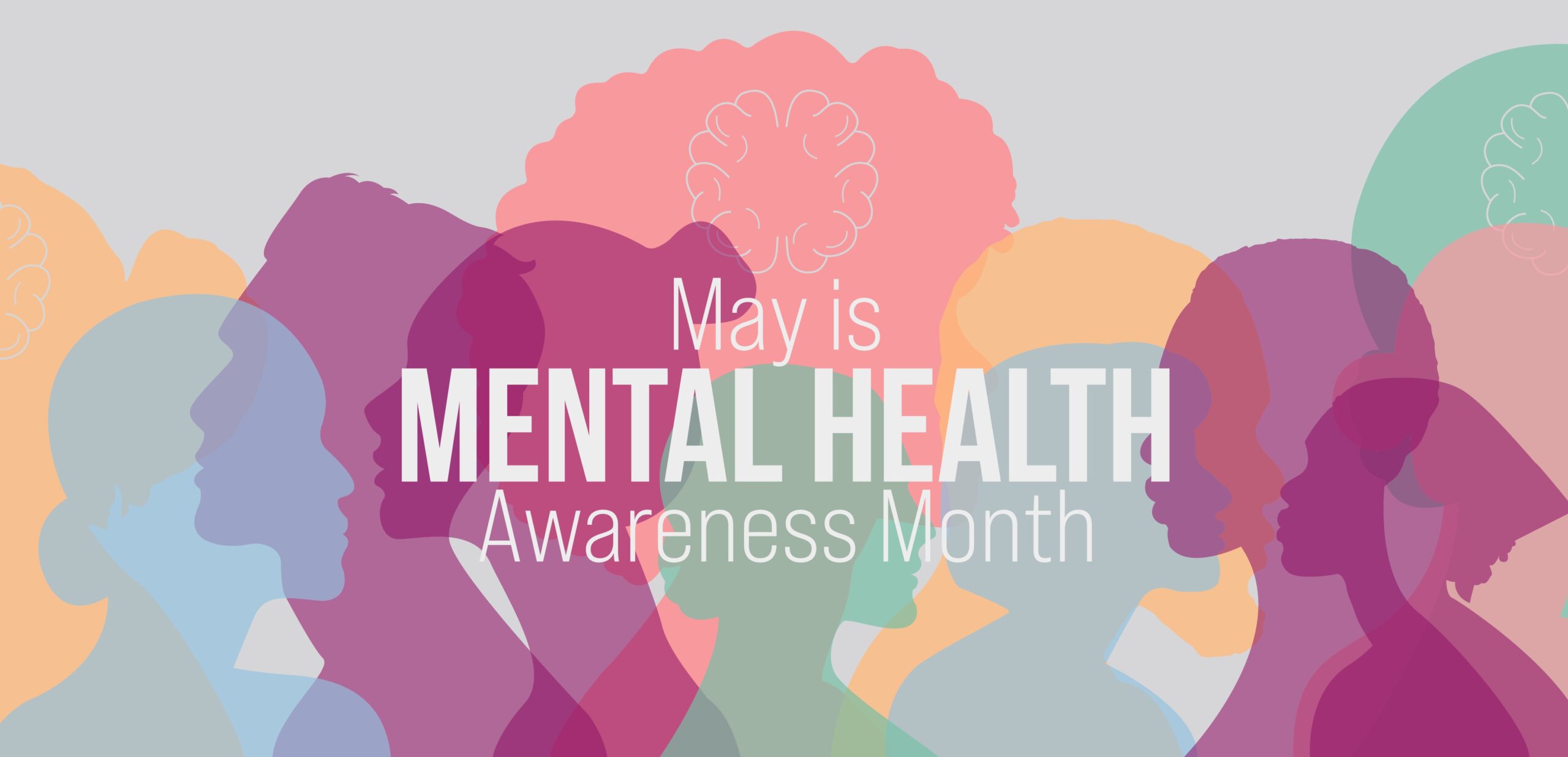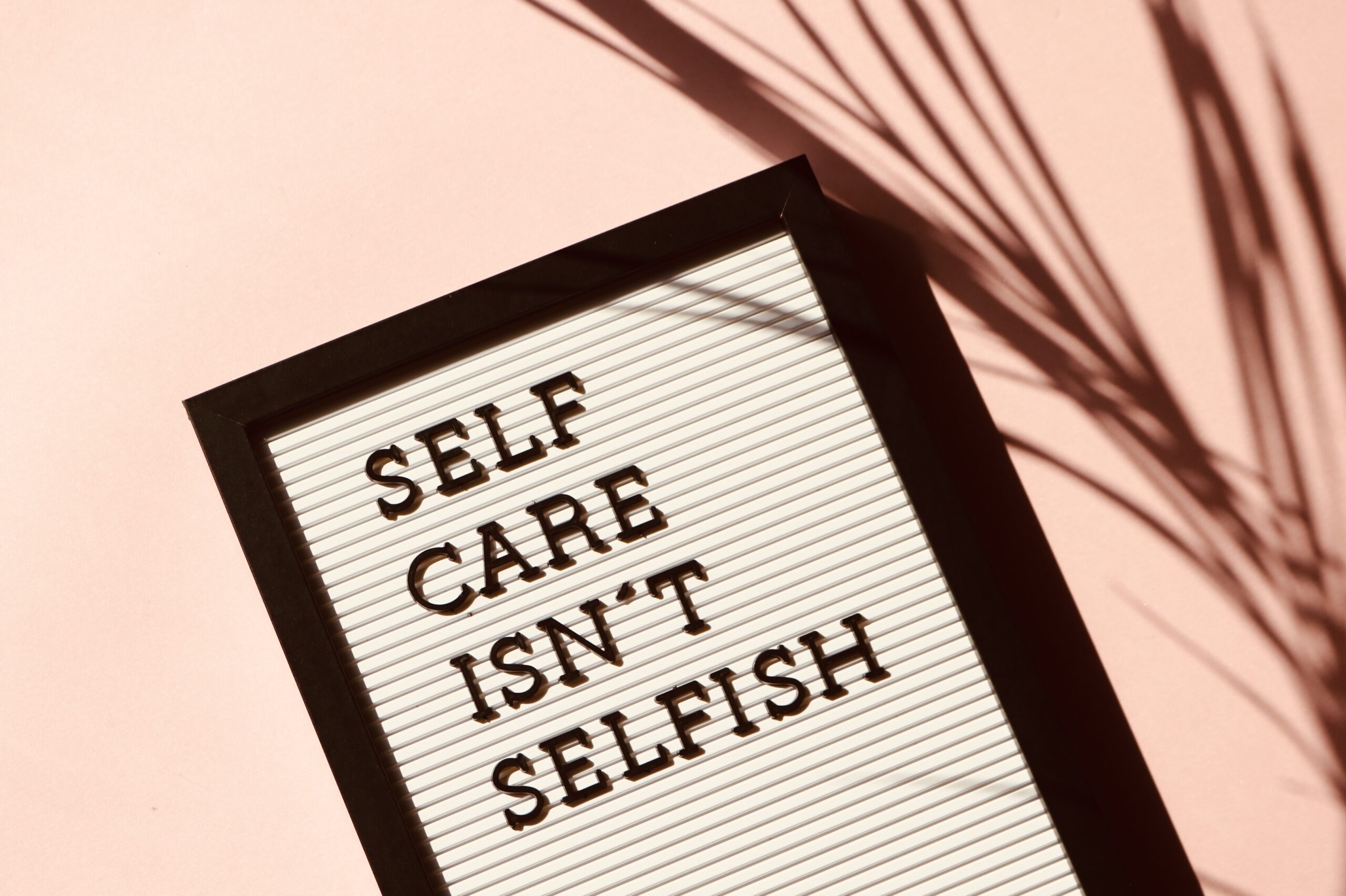If you have researched or come across any information online regarding weight loss, you may have heard of the term “calories in-calories out”, often abbreviated as CICO. If this is your first time hearing of this term, it refers to the concept of creating an imbalance of calories consumed to calories burned, most often to lose weight, however, it can also be used for weight gain or weight maintenance as well. According to the concept, you could in theory create a “calorie deficit” or a “calorie surplus” to either lose or gain weight, but we’re here to tell you that it is not as simple as it sounds. In fact, many dietitians and other experts believe that the concept of weight loss boiling down to simply creating a calorie deficit to be a myth and may in fact promote unhealthy behaviors.
How it works (in theory)
Why it’s Mostly a Myth
It seems so simple, doesn’t it? All you have to do is calculate your BMR, track calories burned from workouts, and record all calories consumed and you’re guaranteed to lose weight, right? If it was truly that simple, our team of dietitians may be out of a job, lol!
Despite this concept being true in a strict environment, this concept fails to take into account a multitude of factors that will affect the calories you burn and the effect certain foods will have on different body processes. You may have heard the phrase “not all calories are created equal”, and it’s true! For example, fat contains 9 calories for every gram consumed, however, unsaturated fats will have a different effect in the body than saturated fats, despite having the same calorie content. Another example is calorie density – some foods that contain the same amount of calories will make you feel more full than others due to other nutrients in the foods, such as fibre and protein. You would definitely feel more full eating 100 calories worth of beans than 100 calories worth of candy, due to the slow-digesting fibre and protein found in beans. This is not to say that one of these items is necessarily better than the other, but it demonstrates the limitations of looking at food simply by a number – food has so much more to offer than just calories! Nutrient-dense foods will have peripheral benefits on top of contributing to a calorie count, such as providing vitamins and minerals that are essential to various body functions and support overall health.
CICO also fails to account for differences in genetics, race, medical conditions, stress, sleep, and even history of dieting, all of which will have an effect on metabolism as well as the BMR. BMR calculations, while well-researched, are limited and it is very difficult for the average person to get a very accurate number. This makes getting into a small calorie deficit difficult, as the number of calories burned may be more or less than what you are recording. Overall, this serves to demonstrate that while CICO is true in a biological sense, it has many limitations, and being in a calorie deficit that results in weight loss does not equate to making choices to support nourishment and health.

What else you should know about CICO!
Despite the fact that tracking CICO may result in the weight loss or weight gain someone desires, it is important to note that counting calories can promote restrictive behaviors which can negatively impact your relationship with food. Associating foods with a number, in this case, the number of calories, encourages the association of a “good” or “bad” label to foods based on the number of calories they contain, which is not only harmful emotionally but is incorrect. As mentioned, foods that may contain a higher amount of calories to similar alternatives may be more nutrient-dense, and therefore support overall health just as much, if not more. It is also worth mentioning that attempting to implement CICO into a lifestyle change runs the risk of creating a calorie deficit that is too high, which can cause unhealthily rapid weight loss, and begin a cycle of yo-yo dieting. The reality is that our bodies have a “set point” that it likes to stay at, and engaging in restriction, which is unsustainable for long periods of time, can cause the set point to get higher and higher, which is why those who engage in dieting find that they struggle to get to a point where they feel nourished sustainably.
At Nourishing Balance, we take a non-diet approach to nutrition, which includes finding room for all foods in the diet and discouraging restriction. We believe that fostering mindful eating habits and improving your relationship with food is the best way to feel healthy and happy on a long-term basis. Our dietitians are here to help you break free from restriction and still feel your best. If you’d like to discuss CICO more in-depth and explore alternative methods of achieving your health goals, you can book a free discovery call with one of our dietitians here.




